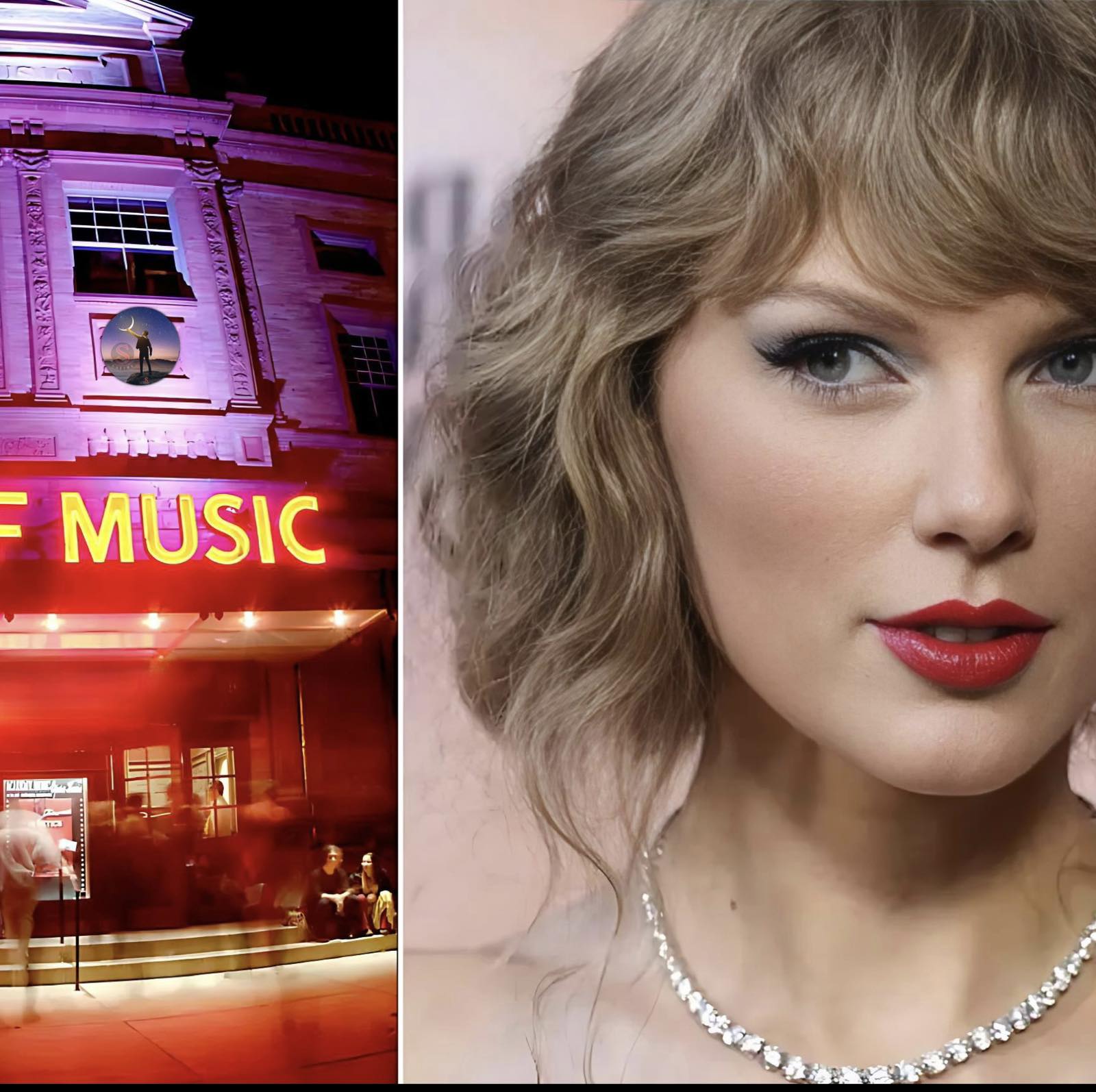In a move that has reverberated throughout the music industry and beyond, the prestigious Academy of Music has declared a lifetime prohibition on Taylor Swift, attributing her adoption of a ‘woke’ persona as the primary rationale. This unprecedented action not only represents a pivotal moment in Swift’s career but also catalyzes a broader discourse on artistic expression, cultural progression, and the role of institutions in delineating the boundaries of both.
The announcement surfaced early Thursday morning with a succinct statement from the Academy of Music on its official channels. “Due to her recent alignment with ‘woke’ culture and politics, Taylor Swift will henceforth be excluded from performing, attending, or receiving recognition from the Academy of Music. We are committed to preserving the traditional values of music and culture,” the statement elucidated. The music community was left astounded, and fans found themselves in disbelief.
Taylor Swift’s trajectory has been characterized not only by a metamorphosis in her musical style — transitioning from country roots to pop stardom — but also by a shift in her public persona. Once renowned for her meticulously curated apolitical stance, Swift veered course in recent years, embracing and championing various social justice causes, ranging from LGBTQ+ rights to racial equality and political activism. While applauded by many of her supporters and peers, this evolution has also attracted criticism, positioning Swift as a polarizing figure in the ongoing cultural milieu.
The Academy of Music, with its illustrious history and reputation as a bastion of conventional values in the music domain, has unequivocally stated through this ban that it perceives Swift’s activism as diametrically opposed to its principles. The decision underscores a tension between evolving cultural norms and the inclination of certain establishments to uphold the status quo, particularly in spheres like art and entertainment, where expression is often intertwined with identity and values.
The prohibition has incited a flurry of reactions across the music realm and social media platforms. Artists, industry mavens, and cultural commentators have proffered their perspectives, ranging from endorsement of the Academy’s prerogative to uphold its values to vehement criticism of what many perceive as a punitive measure against artistic liberty and societal obligation. Some posit that the Academy’s decree represents a retrogressive step that not only stifles Swift but also impedes any artist wishing to leverage their platform for advocacy. Conversely, others view it as a necessary stance against what they construe as the politicization of art and entertainment.
Swift’s devotees, known colloquially as Swifties, have rallied around their idol, orchestrating protests, social media campaigns, and petitions urging the Academy to rescind its decision. They contend that Swift’s ‘wokeness’ — her advocacy and activism — is intrinsic to her artistic identity, and muting her voice equates to stifling the voices of those she champions.
At the crux of this imbroglio lies the term ‘woke’ itself, a term that has morphed from a call for awareness about social and racial justice issues to a catch-all epithet used to critique a perceived encroachment of political correctness and activism. The Academy’s invocation of this term in its prohibition of Swift underscores the divergent ways in which ‘wokeness’ is perceived and its ramifications on public and private institutions.
This prohibition prompts pivotal inquiries about the future of artistic expression and the role of artists in society. Can and should artists remain neutral, or do they bear a responsibility to utilize their platforms for advocacy? Moreover, what role do institutions like the Academy of Music play in shaping the cultural landscape, and where ought the delineation between upholding tradition and embracing evolution be drawn?
The exclusion of Taylor Swift from the Academy of Music due to her alignment with ‘woke’ culture transcends mere headlines; it encapsulates the broader cultural and political chasms permeating our society. As the debate rages on, the repercussions of this decision are poised to extend far beyond the confines of the music industry, compelling us to scrutinize the values we espouse, the art we venerate, and the world we aspire to cultivate through both.


